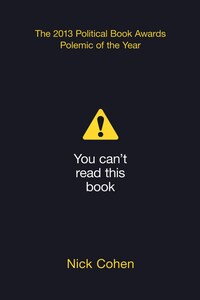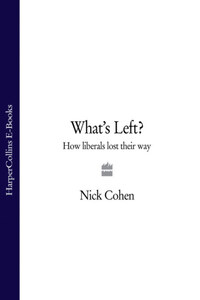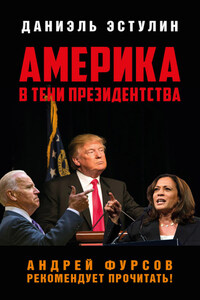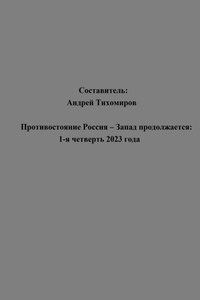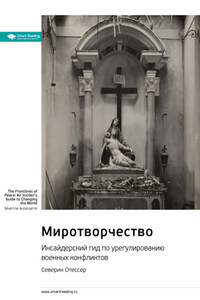NICK COHEN
You Can’t Read This Book
Censorship in an Age of Freedom
Fourth Estate
An imprint of HarperCollinsPublishers Ltd.
1 London Bridge Street
London SE1 9GF
www.harpercollins.co.uk
First published in Great Britain in 2012 by Fourth Estate
This revised edition published by Fourth Estate 2013
Copyright © Nick Cohen 2012, 2013
The right of Nick Cohen to be identified as the author of this work has been asserted by him in accordance with the Copyright, Design and Patents Act 1988
A catalogue record for this book is available from the British Library
All rights reserved under International and Pan-American Copyright Conventions. By payment of the required fees, you have been granted the non-exclusive, non-transferable right to access and read the text of this ebook on-screen. No part of this text may be reproduced, transmitted, down-loaded, decompiled, reverse engineered, or stored in or introduced into any information storage and retrieval system, in any form or by any means, whether electronic or mechanical, now known or hereinafter invented, without the express written permission of HarperCollins ebooks
HarperCollinsPublishers has made every reasonable effort to ensure that any picture content and written content in this ebook has been included or removed in accordance with the contractual and technological constraints in operation at the time of publication
Source ISBN: 978000751850
Ebook Edition © MARCH 2013 ISBN: 9780007436453
Version: 2017-03-27
For Christopher Hitchens
(1949–2011)
There is an all-out confrontation between the ironic and the literal mind: between every kind of commissar and inquisitor and bureaucrat and those who know that, whatever the role of social and political forces, ideas and books have to be formulated and written by individuals.
CHRISTOPHER HITCHENS
Do you believe in freedom of speech?
Really, are you sure?
You may say you do. It’s the sort of thing that everyone says. Just as everyone says they have a sense of humour, especially when they don’t. You will certainly have had serious men and women assure you that freedom of speech is inevitable whether you believe in it or not. In the late twentieth century states, courts, private companies and public bureaucracies confined information, their argument runs. If it spread beyond those with ‘a need to know’, the authorities of the nation state, whether a dictatorship or a democracy, could imprison or fine the leaker. The threat of punishment was enough to deter newspapers from publishing or television stations from broadcasting.
That manageable world has gone for good. If one person living in a court’s jurisdiction breaks an injunction, a judge can punish him. But how can a judge punish a thousand, ten thousand, a hundred thousand on Twitter or Facebook? If a court in New Delhi, Copenhagen or London bans the publication of embarrassing information, sites outside the jurisdiction of the Indian, Danish or British courts can publish it on the Web, and everyone with access to a computer in India, Denmark or Britain can read it, along with billions of others.
If the Web has a soul, then a loathing for censorship stirs it. The Streisand effect – first named in 2005 after the star tried to sue a photographer for publishing pictures of her Malibu mansion, and succeeded only in directing hundreds of thousands of viewers to his website – is a real phenomenon. Label a report ‘confidential’ and it becomes as desirable as forbidden fruit. Once a whistleblower leaks it, you can guarantee that the Web will broadcast its contents, regardless of whether they are interesting or not.
Optimists about the liberating potential of technology can find many reasons to be euphoric. The Net has no borders. National laws cannot contain it. Attempts to press down on the free circulation of information in one country just push it into other countries. The ability of users to copy, link and draw others into their campaigns had stripped censors of their power.
On this cheerful reading, we live in a new world where information is liquid. Wall it in, and it will seep through the brickwork. ‘An old way of doing things is dying; a new one is being born,’ announced a US cyber activist. ‘The Age of Transparency is here.’
